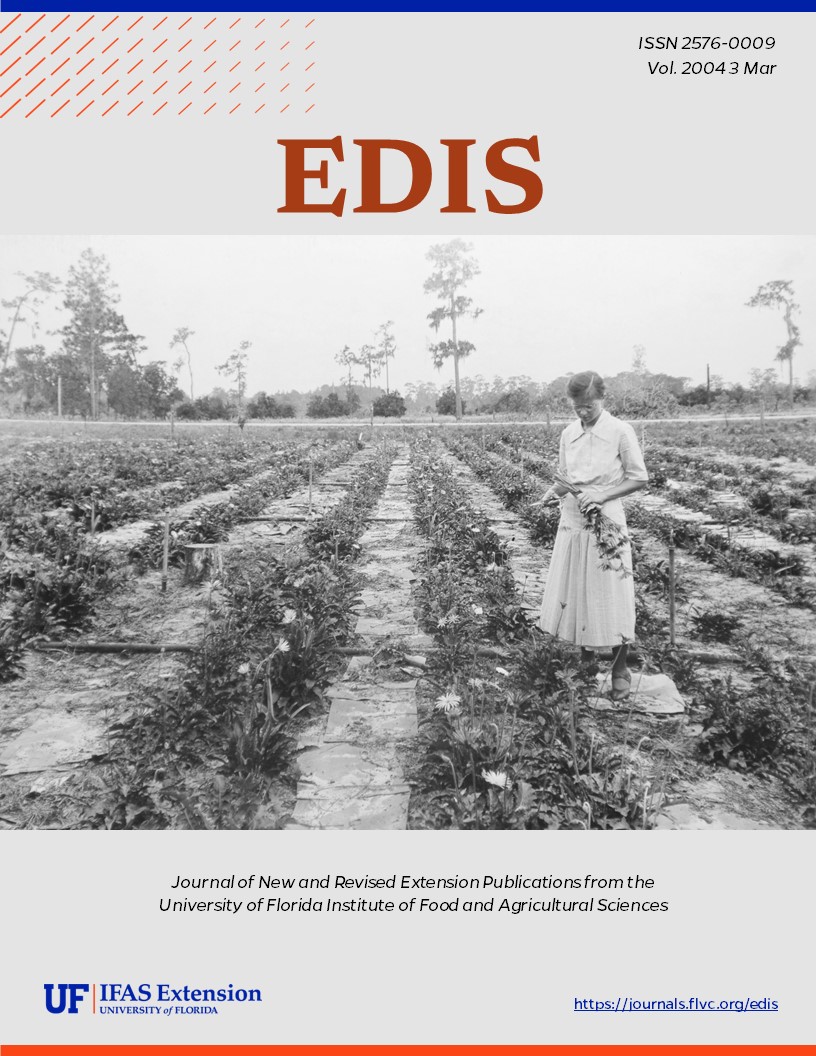Abstract
Landscapes generally contain areas where turfgrass will grow under some degree of shade for some part of the day. Turf will often decline over time in heavier shade, which may not allow full sunlight throughout the day. Turf in these areas is expected to perform comparably to grass growing in full sunlight, and is generally maintained under the same fertility and cultural regimes as grass in full sunlight. While St. Augustinegrass (Stenotaphrum secundatum [Walt.] Kuntze) cultivars are typically recognized as having better shade tolerance than other turf species used in Florida, cultivars do vary considerably in their shade tolerance. Typically, they
possess relatively good tolerance to shade; however, there is significant variation within the St. Augustinegrass species for shade tolerance. This document is Fact Sheet ENH967, one of a series of the Environmental Horticulture department, Institute of Food and Agricultural Sciences, University of Florida. Publication date: October 8, 2003.
Unless otherwise specified, articles published in the EDIS journal after January 1, 2024 are licensed under a Creative Commons Attribution-NonCommercial-NoDerivs 4.0 International (CC BY-NC-ND 4.0) license.

